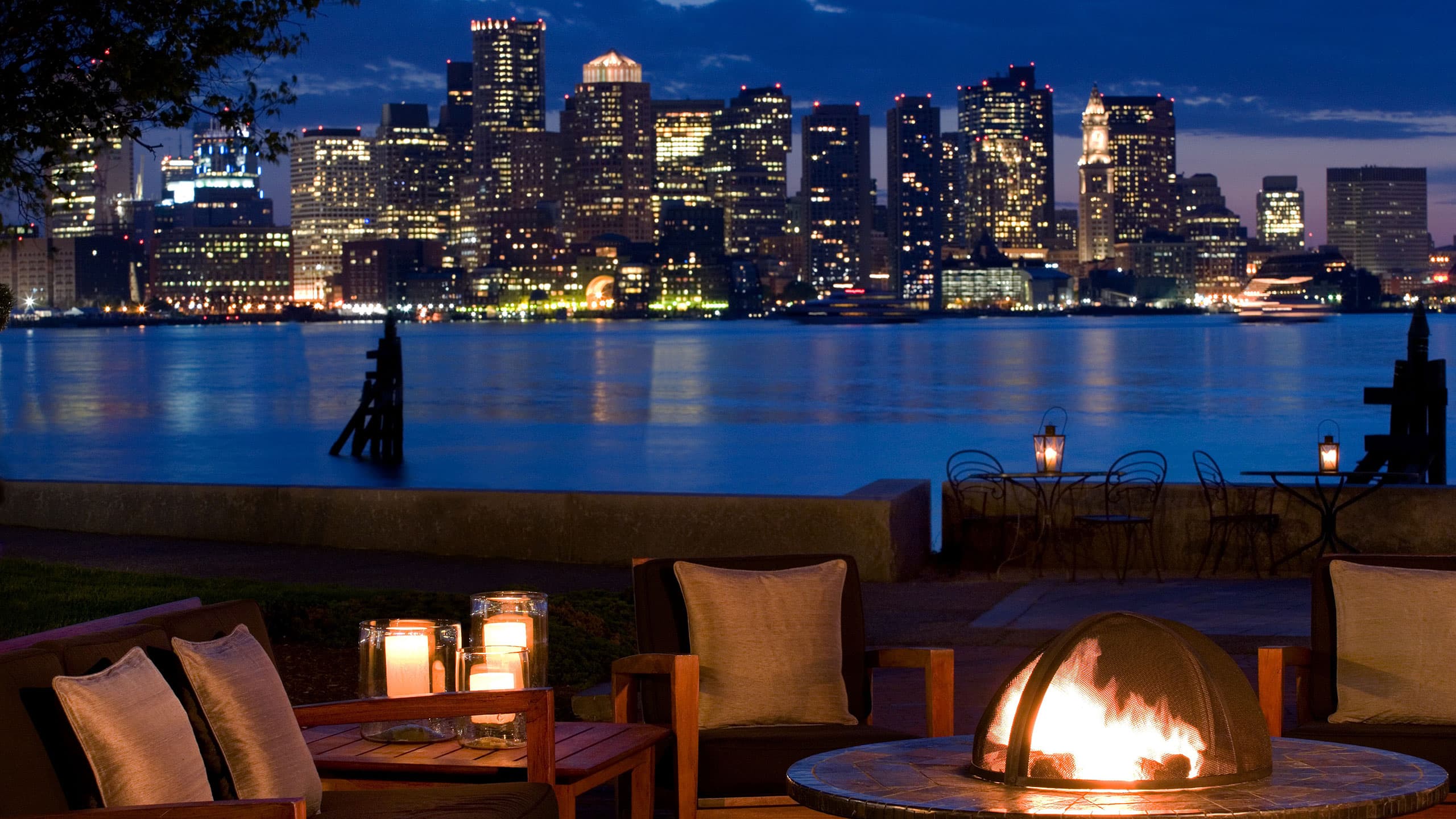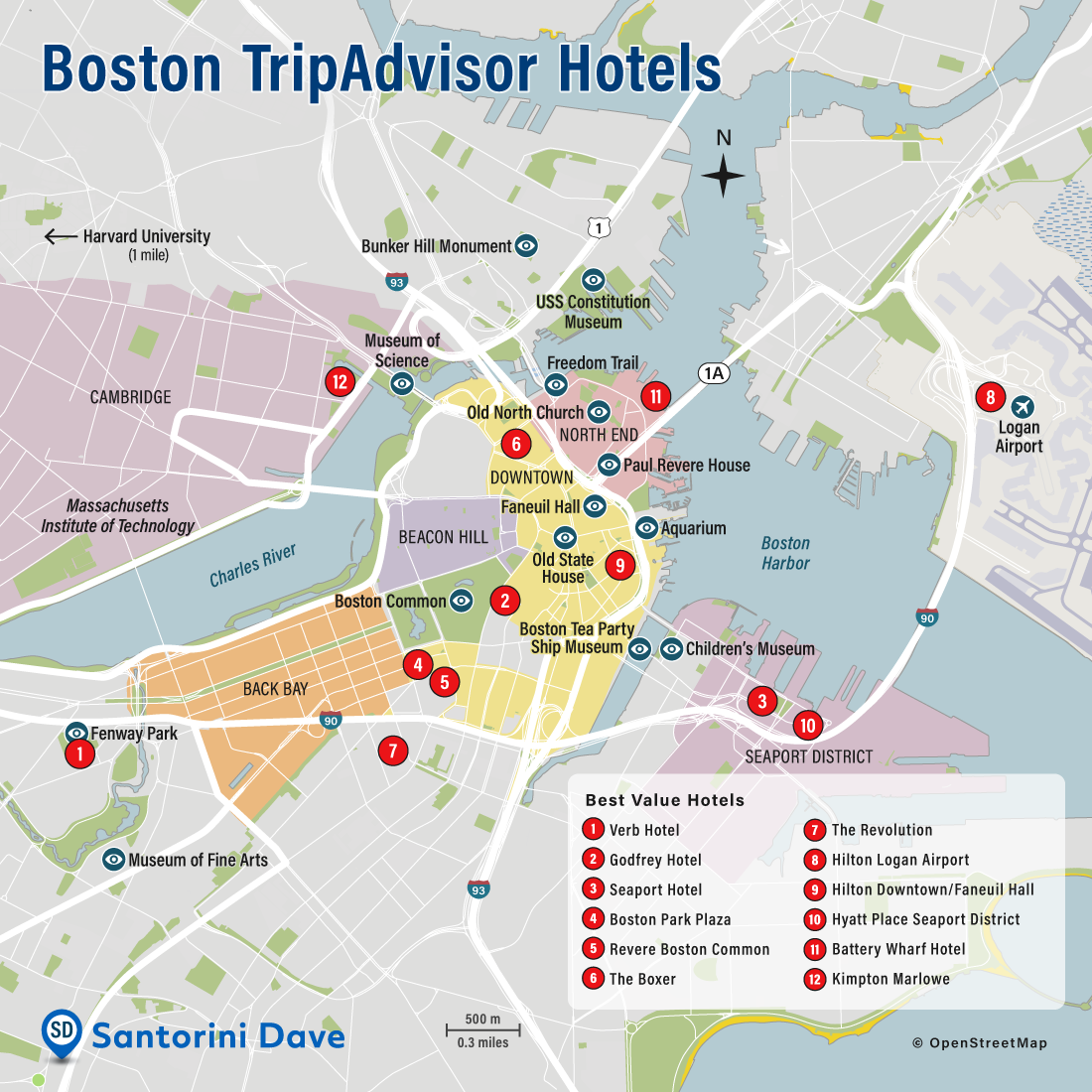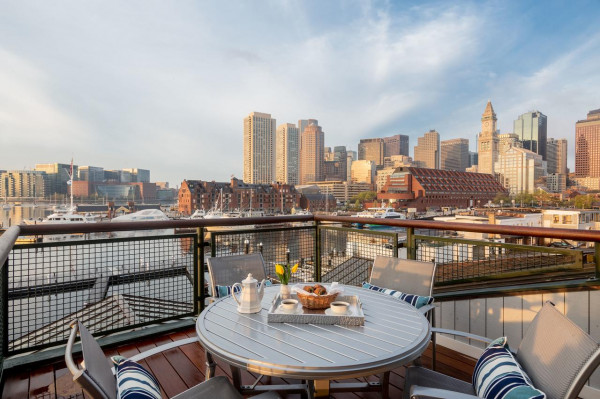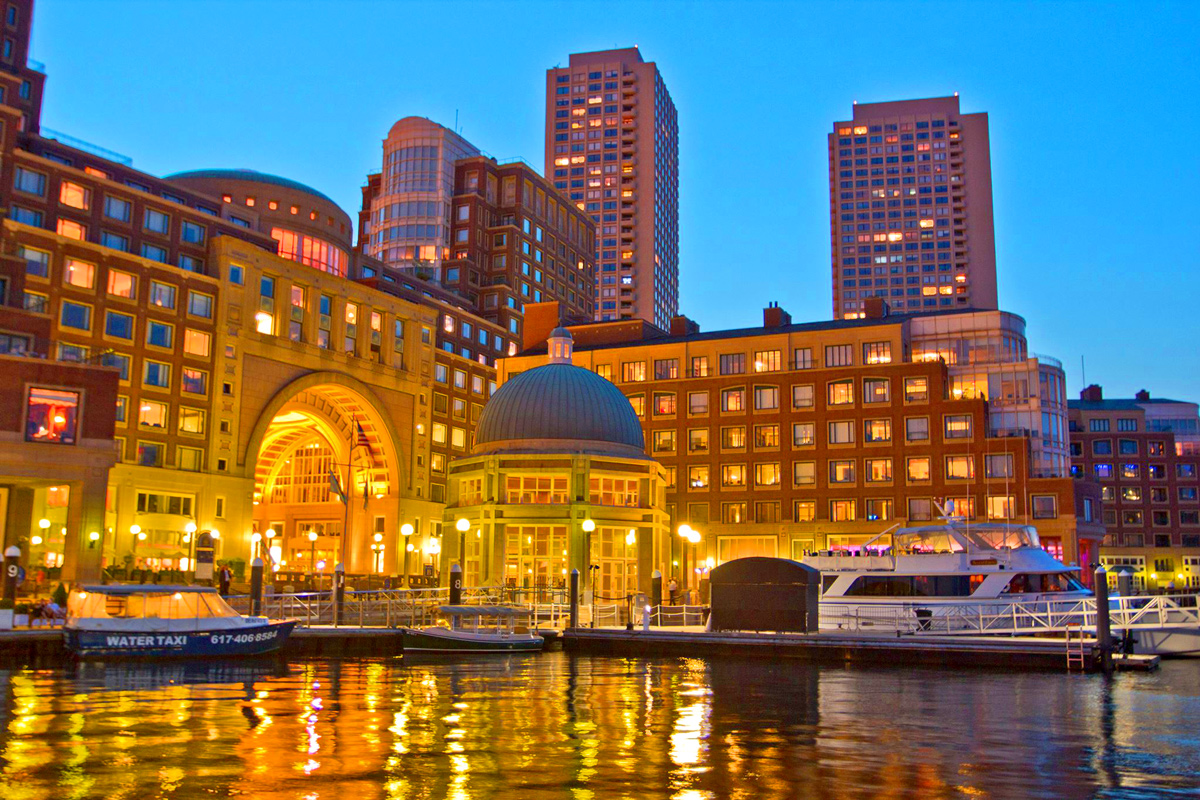Navigating Boston’s Hotel Scene: A Comprehensive Guide to Finding Your Perfect Stay
Related Articles: Navigating Boston’s Hotel Scene: A Comprehensive Guide to Finding Your Perfect Stay
Introduction
With great pleasure, we will explore the intriguing topic related to Navigating Boston’s Hotel Scene: A Comprehensive Guide to Finding Your Perfect Stay. Let’s weave interesting information and offer fresh perspectives to the readers.
Table of Content
Navigating Boston’s Hotel Scene: A Comprehensive Guide to Finding Your Perfect Stay

Boston, a vibrant tapestry of history, culture, and innovation, attracts millions of visitors each year. Whether you’re drawn to its iconic landmarks, world-class museums, or bustling nightlife, finding the right hotel is paramount to a memorable experience. This comprehensive guide delves into the intricacies of Boston’s hotel landscape, providing a roadmap to navigate this diverse offering and uncover the ideal accommodation for your needs.
Understanding Boston’s Hotel Districts: A Geographic Overview
Boston’s hotel scene is geographically diverse, with distinct neighborhoods catering to various tastes and budgets. A map of Boston hotels serves as an invaluable tool for visualizing these clusters and understanding their unique offerings.
1. Downtown Boston: The Heart of the City
Downtown Boston is the pulsating heart of the city, home to a plethora of hotels catering to business travelers, families, and leisure seekers alike. Here, towering skyscrapers stand alongside historic landmarks, offering a blend of modern amenities and traditional charm. Notable landmarks like the Freedom Trail, Boston Common, and Faneuil Hall Marketplace are within easy walking distance.
2. Back Bay: Sophistication and Style
Back Bay, known for its elegant architecture and upscale boutiques, boasts a collection of hotels that exude sophistication and style. This neighborhood is ideal for those seeking a luxurious experience, with many hotels offering exceptional amenities, fine dining, and proximity to the city’s cultural hotspots.
3. Beacon Hill: Historic Charm and Tranquility
Beacon Hill, a picturesque neighborhood with cobblestone streets and gaslight-lit alleys, offers a more intimate and historic hotel experience. These charming accommodations often feature traditional architecture and a quiet ambiance, making them perfect for a peaceful retreat from the city’s hustle and bustle.
4. Seaport District: Modernity and Innovation
The Seaport District, a rapidly evolving area with cutting-edge architecture and a vibrant waterfront, offers a contemporary hotel experience. This neighborhood is a hub for technology and innovation, attracting business travelers and those seeking a modern and dynamic atmosphere.
5. Cambridge: A University Town with a Cultural Flair
Just across the Charles River from Boston, Cambridge is a vibrant university town with a rich cultural scene. Cambridge offers a range of hotels, from budget-friendly options to upscale accommodations near Harvard University and MIT. This neighborhood is ideal for travelers seeking a blend of academic history, cultural attractions, and a lively atmosphere.
Beyond the Neighborhoods: Exploring Specific Hotel Types
While Boston’s hotel districts provide a general overview, a deeper understanding requires exploring specific hotel types:
1. Luxury Hotels: Indulge in Opulence and Excellence
For discerning travelers seeking the ultimate in comfort and luxury, Boston offers a collection of five-star hotels. These establishments often feature opulent accommodations, world-class dining, and personalized services.
2. Boutique Hotels: Unique Experiences and Local Charm
Boutique hotels are known for their distinct personalities, offering a unique and intimate experience. These smaller establishments often feature stylish décor, local art, and personalized services, providing a more intimate and authentic feel.
3. Business Hotels: Efficiency and Convenience
Business travelers will find a wide range of hotels catering to their needs. These hotels typically offer convenient amenities such as business centers, meeting rooms, and high-speed internet access, prioritizing efficiency and productivity.
4. Budget-Friendly Hotels: Value for Money and Practicality
For travelers on a tight budget, Boston offers a variety of budget-friendly hotels. These accommodations prioritize affordability without sacrificing comfort, offering basic amenities and convenient locations.
5. Family-Friendly Hotels: Amenities for All Ages
Families traveling with children will find hotels catering specifically to their needs. These accommodations often feature amenities like swimming pools, kids’ clubs, and family-friendly dining options.
Using a Map of Boston Hotels: A Powerful Tool for Planning
A map of Boston hotels is an indispensable tool for planning your trip. It offers a visual representation of the city’s hotel landscape, allowing you to:
- Visualize Hotel Locations: Identify hotels in specific neighborhoods, near attractions, or within your desired proximity to public transportation.
- Compare Hotel Prices: Gain a quick overview of price ranges within different neighborhoods and hotel types.
- Discover Hidden Gems: Uncover lesser-known hotels that might not be listed on traditional booking websites.
- Plan Your Itinerary: Integrate hotel locations into your itinerary, optimizing travel time and maximizing your experience.
FAQs: Answering Your Questions About Boston Hotels
Q: What is the best time of year to visit Boston?
A: Boston is a year-round destination, with each season offering a unique experience. Spring and fall are ideal for mild weather and vibrant foliage, while summer offers warm temperatures and outdoor activities. Winter brings holiday cheer and a chance to experience the city’s historic charm.
Q: How much does it cost to stay in a hotel in Boston?
A: Hotel prices in Boston vary greatly depending on location, season, and hotel type. Budget-friendly options can be found for under $100 per night, while luxury hotels can cost upwards of $500 per night. Peak seasons, such as summer and holidays, tend to have higher prices.
Q: How do I choose the right hotel for me?
A: Consider your travel style, budget, and priorities. If you value luxury and convenience, a five-star hotel in Downtown Boston might be ideal. If you prefer a more intimate and unique experience, a boutique hotel in Back Bay could be a better fit. For budget-conscious travelers, a budget-friendly hotel near public transportation might be the best option.
Q: What are some tips for booking a hotel in Boston?
A:
- Book in advance: Especially during peak seasons, booking your hotel in advance can ensure availability and potentially secure lower rates.
- Consider package deals: Some hotels offer package deals that include attractions, meals, or transportation, potentially saving you money.
- Read reviews: Read reviews from previous guests to gain insights into hotel amenities, service, and overall experience.
- Check for special offers: Many hotels offer discounts for AAA members, seniors, or military personnel.
- Negotiate your rate: Don’t be afraid to negotiate your rate, especially if you’re booking multiple nights or during off-peak seasons.
Conclusion: Embark on Your Boston Adventure with Confidence
Navigating Boston’s hotel scene requires careful planning and a clear understanding of its diverse offerings. This guide has provided a comprehensive overview of Boston’s hotel districts, types, and the essential role of a map of Boston hotels. Armed with this knowledge, you can confidently embark on your Boston adventure, finding the perfect accommodation to match your needs and enhance your experience.








Closure
Thus, we hope this article has provided valuable insights into Navigating Boston’s Hotel Scene: A Comprehensive Guide to Finding Your Perfect Stay. We hope you find this article informative and beneficial. See you in our next article!